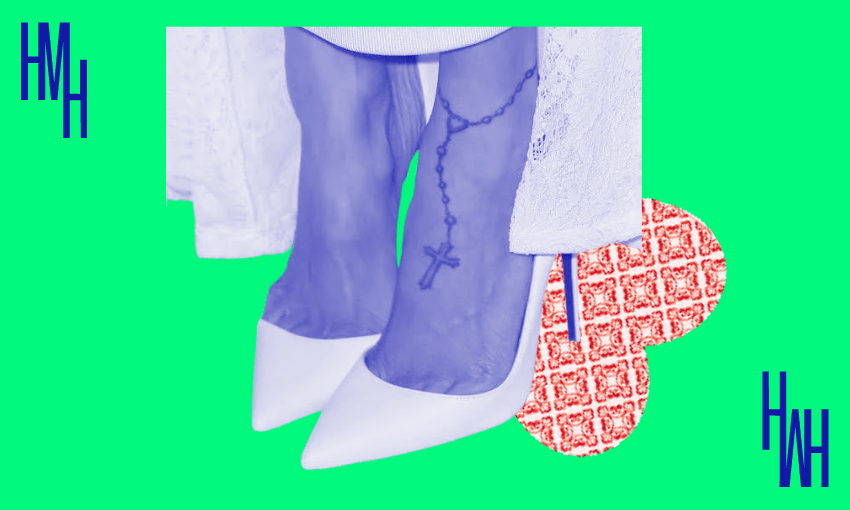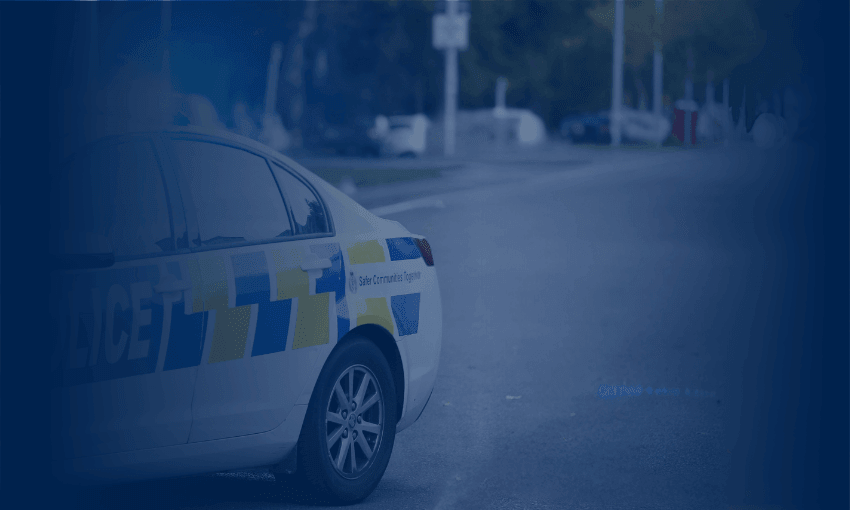I have three awful tattoos I got as a teenager. Now in my 50s, I really want a new one – but I’m scared I’m going to change my mind again.
Want Hera’s help? Email your problem to helpme@thespinoff.co.nz
Dear Hera,
For the last couple of years, I’ve been thinking about getting a tattoo on my lower arm. A beautiful, fine-line piece of art from a tattooist whose work I really love. The problem is I have three tattoos I got as a young bogan teenager that mean nothing to me (and are actually pretty awful). I know that this one would be different cause I’ve given it lots of thought, and it would be meaningful. But taste still changes, and this one will be visible every day – my others are able to be hidden, thank god! I keep going to book the appointment as I really do want it, but something is holding me back. What if in 10 years time, when I’m 60, I’ve changed again and it doesn’t fit my vibe?
Warmly,
Skin Deep

Dear SD,
If you were writing to me from your 20s and wanted to get a photorealistic Pirates of the Caribbean sleeve, I would advise you to hold off for a couple of years while you grow a little more frontal lobe. But in your 50s, you’ve earned the right to make a few irreversible decisions about your corporeal form with a higher degree of confidence.
I can see that getting three regrettable tattoos as a bogan teenager has made you understandably cautious about making the same mistake again. But you’re not a teenager anymore. You know yourself. You’ve had 50 years to develop your sense of personal style and taste. You love the artist’s work and have been thinking about this for several years. When it comes to permanent bodily alteration, there is no such thing as a future-proof decision. But you’re about as close to certain as it’s possible to be. I think you should say fuck it, and just go for it.
In a way, I think having already made a few bad choices frees you up a little because it’s not as if you’re starting with a pristine canvas. Mistakes have already been made, and you know what it’s like to live with them. I don’t mean that you’re so far gone you couldn’t possibly make it any worse. But regrettable tattoos are a dime a dozen, and unless you’re in a prestigious Finnish sauna, or vying for a role in a costume drama, you probably don’t spend that much time thinking about them. They’re just another part of your body, like your janky elbow and appendectomy scar. I would argue that it’s better to have three dubious tattoos and one you’re proud of than three dubious tattoos.
I personally think there’s something sort of charming about having some ugly art on your body, like a funky Minions letterbox on an otherwise picturesque street or some hideous 1970s wallpaper inside a rarely-used wardrobe. Those old tattoos might not reflect who you are now, but they’re a good proof of the rich and occasionally ill-advised life you have led. They don’t have to reflect your current taste to be meaningful – it’s fine to think of them as a living memorial to the person you were, even if that person was an idiot.
If you really hate the old ones, you could always think about having them covered up or even lasered off, depending on how large and ostentatious the initial design was. There are plenty of creative ways to improve or camouflage old work. And if you’re nervous about the new one, you could discuss different placement options with the tattoo artist so that you don’t have to resort to wearing long-sleeve tops for the rest of your life if you change your mind.
There is no way to protect yourself from future regret. But when you die, you can’t take your body with you. If our bodies are temples, they’re badly constructed and ultimately disposable ones, made of haunted meat, so it doesn’t pay to be too precious. You’ve spent the last few decades living with your teenage mistakes. I think your adult self has earned the right to make a few mistakes of her own!
Good luck




